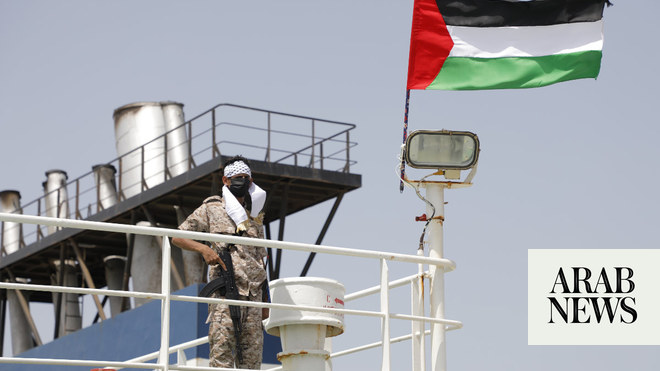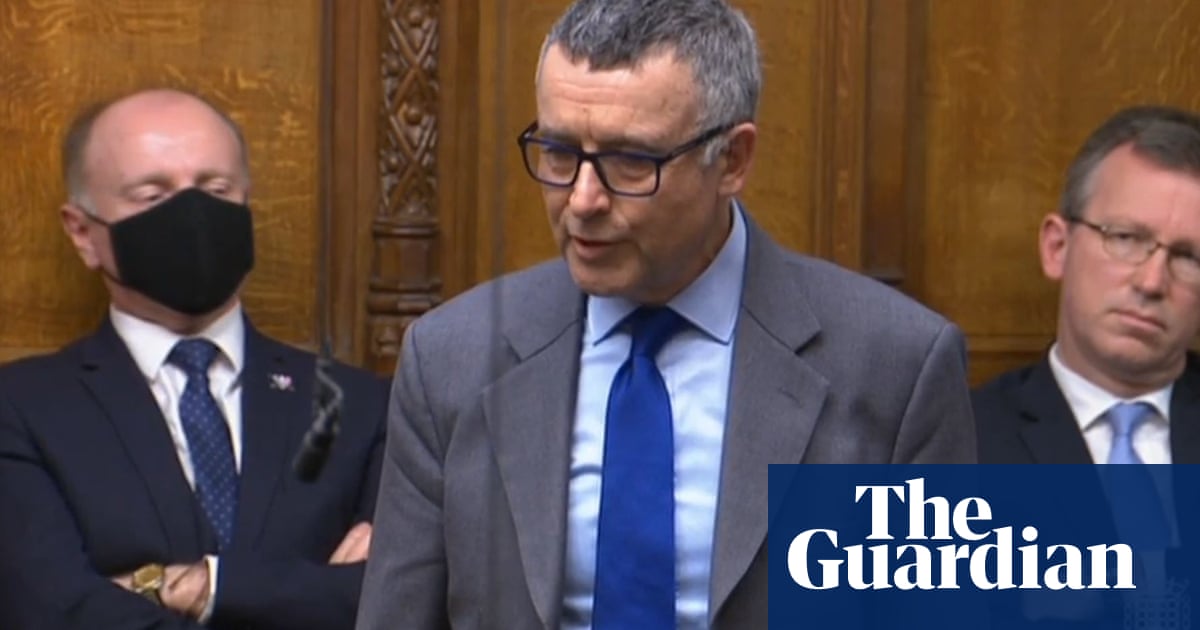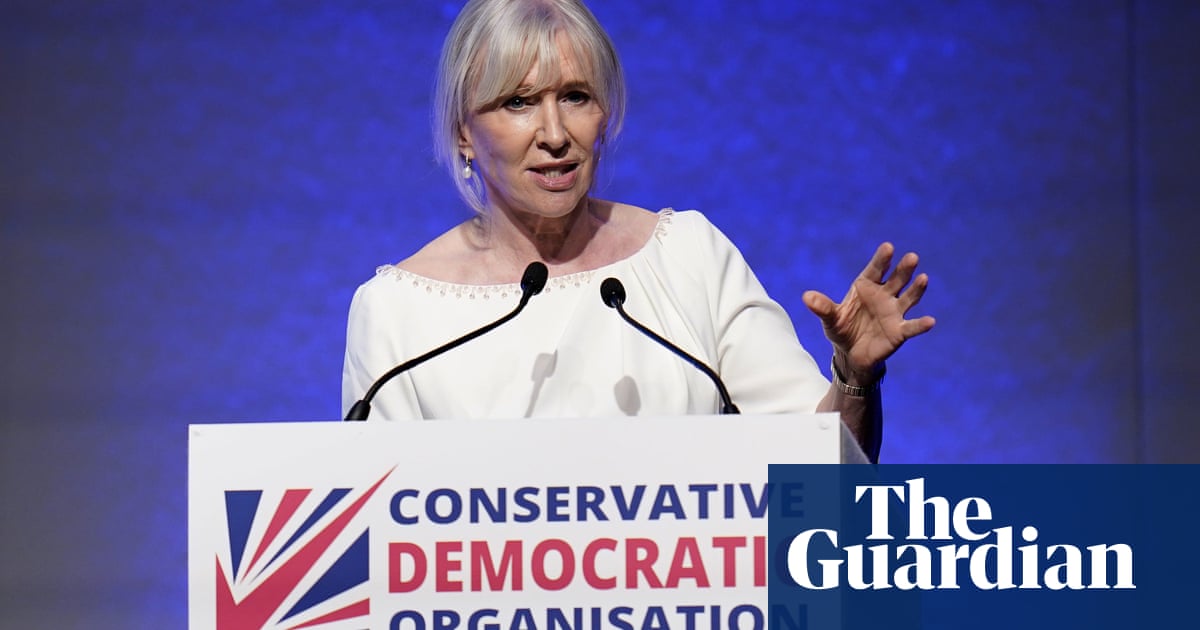
Australian politicians must unite against racism after Chinese-Australians were subjected to “awful and shocking” abuse during the pandemic, the shadow minister for multicultural affairs has told parliament.
Andrew Giles, a Victorian Labor MP, warned that the rise in racist incidents was a threat to social cohesion and demanded “an unambiguous response” from everyone in positions of leadership, which should include a new national strategy to tackle the problem.
His call came after more than 81,000 people signed a change.org petition denouncing racist attacks on Asian Australians during Covid-19. The #UnityOverFear petition urges Scott Morrison and other political leaders to “stand beside your fellow Australians to call for national unity and say no to racism against Asian Australians”.
The prime minister has previously said he deplored racist attacks and thanked Chinese Australians for providing “one of the greatest defences we had in those early weeks” of the pandemic.
The mention of the petition in parliament comes at a sensitive time, given that China’s ministry of education warned students this week to reconsider going to Australia because of a string of “incidents of discrimination” targeting people of Asian descent.
Senior government ministers and universities have pushed back at that warning, with the education minister, Dan Tehan, saying Australia “rejects China’s assertions that Australia is an unsafe destination for international students”.
In a speech to parliament late on Wednesday, Giles said the petition deserved a strong bipartisan response, with leaders uniting to confront “the scourge that is racism”.
“It is critical that our parliament unites in standing up for multiculturalism and for every Australian, that we recognise that Chinese Australians have been subjected to awful and shocking racism through the pandemic, and that we respond to this without equivocation,” he said.
“This evening, we can start the process of recognising as a national parliament, that ending racism is a national responsibility – that when we say we’re all in this together, we mean it.”
Giles said he would not rest “until we have committed to a national strategy to tackle racism” and he praised the Liberal senator Andrew Bragg for speaking out against racism.
Bragg is expected to address the Senate early next week on the issue, expanding on his recent op-ed when he said he was deeply saddened to read reports of a marked escalation in racial abuse towards Asian Australians.
Bragg said in the op-ed: “I know many Chinese-Australians feel under siege – this isn’t right or fair.”
Morrison was asked in April about racist attacks and whether there was a need for a new anti-racism campaign. He replied: “Stop it. That’s my message, and I think that is the message of every Australian. Now is a time to support each other.”
This week’s warning from China’s education ministry was interpreted as the latest escalation in tensions between China and Australia, prompted by Australia’s early and vocal backing for an international investigation into the origins of Covid-19. The moves came after China’s ambassador to Australia, Cheng Jingye, foreshadowed potential consumer boycotts of Australian goods and services, including education.
Nevertheless, there have been numerous reports of people of Asian appearance experiencing racism in Australia during the Covid-19 pandemic. One survey by the community group Asian Australian Alliance recorded 178 incidents in two weeks.
On Wednesday the multicultural affairs minister, Alan Tudge, conceded there had been “high-profile” cases of incidents against people of Asian appearance, but dismissed them as the “actions of a tiny minority of cowardly idiots”.
“99.99% of Australians are as disgusted as I am, the prime minister or anyone else is – it’s not the Australian way and I don’t think it is by any stretch of the imagination the Australian norm,” he told Sky News.
In arguing Australia was a harmonious society, Tudge said one judge on the hit TV show MasterChef, Melissa Leong – whose family is from Singapore – was ethnically Chinese and several contestants on the 12th season Back to Win were Asian Australians.
“Even when you look at pop culture, some of the most successful and popular people have got a more diverse background, such as on MasterChef at the moment, which is the most popular TV show, where one of the judges is Chinese, has an ethnic Chinese background, and many of the contestants, who are hugely popular,” Tudge said.











